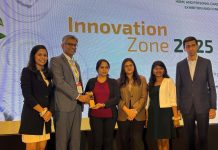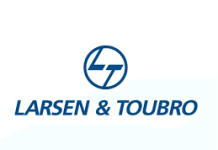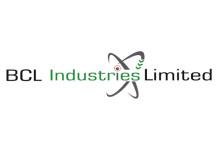Eastman took a step forward when it announced a second molecular recycling facility to be built in Longview, Texas. The project will put Eastman out in front in the search for alternative, clean energy sources.
Powered by the selection to negotiate an award of up to $375 million from a U.S. Department of Energy’s Office of Clean Energy Demonstrations (OCED) program targeting climate change, Eastman will use a relatively new energy technology – thermal batteries – on a scale never seen before. Eastman’s choice of thermal battery technology for zero-carbon process heat, combined with efficient and high-yield molecular recycling technology, will address two global challenges at once.
“This can be a game changer for addressing both the plastic waste crisis and the climate crisis at the same time,” said Sandeep Bangaru, Vice President of Eastman’s circular platform. Bangaru added, “We’re taking a leadership role in building the largest thermal battery project to date in our industry”.
In addition to familiar forms of renewables, including on-site solar, Eastman will deploy a recent innovation that produces zero-carbon heat: thermal batteries. The technology could be a breakthrough for powering industry with cleaner energy.
Eastman has been collaborating with Rondo Energy to deploy thermal batteries for the project. Rondo Heat Batteries (RHBs) are essentially modular units containing thousands of tons of brick and coils of metal, much like those in the toaster on your kitchen counter.
RHBs transform intermittent renewable power – in Eastman’s case, much of it from new, on-site solar – into heat in excess of 1,000°C. The brick batteries can store massive amounts of heat for up to 24 hours with very little loss.
As per the press release, by incorporating thermal batteries fed by renewable energy, Eastman will be able to recycle hard-to-recycle polyester waste and produce new, recycled materials with up to ninety percent fewer greenhouse gas emissions than materials produced with fossil feedstocks. PepsiCo has already signed a contract to use Eastman Renew materials from the Longview facility to create more sustainable packaging with a much lower carbon footprint.
John O’Donnell, CEO of Rondo, said the project demonstrates how collaboration can deliver a multiplier effect with cutting-edge technologies.
“Our work with Eastman illustrates how innovation and collaboration are essential to address great world challenges,” O’Donnell said. He added, “Years of innovation and development by Eastman in molecular recycling combined with Rondo’s expertise in thermal batteries have delivered a moment where these technologies can be deployed together at large scale”.































